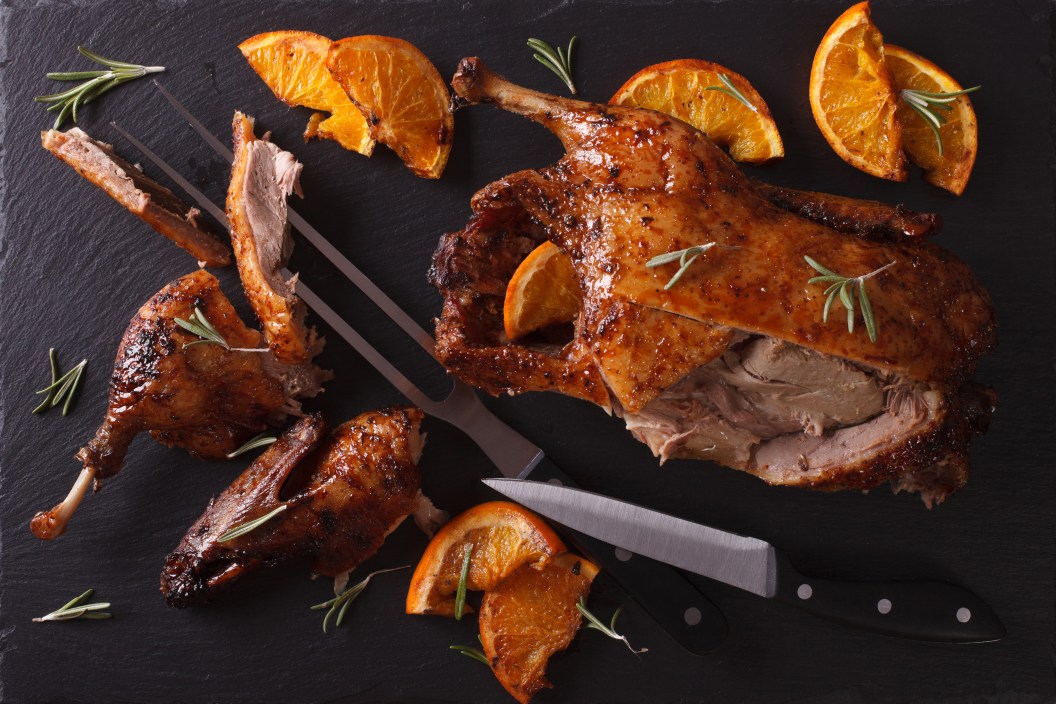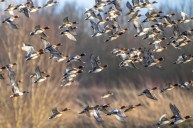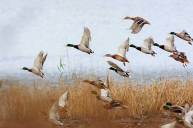As late fall sets in, many people dread the shortening of days, the colder weather, and the coming of winter. For waterfowl hunters, though, it's our absolute favorite time of year, as the birds start migrating and the seasons start opening. No matter how cold or wet it gets, sitting in a duck blind is about as good as it gets, whether you are enjoying conversation with your friends or some much-needed alone time. There are also some pretty great toys to play with when waterfowl hunting too, from boats to duck calls to my favorite, decoys. Perhaps best of all, successful hunters get to eat some of the best tasting waterfowl out there.
Whether you're limiting out on greenheads down in Arkansas or busting Canada geese out in Kansas, a big part of the fun is getting to eat the bird at the end. While I've always lived by the saying, "Any bird will taste good if cooked right," some waterfowl do taste better than others. And if you're bringing home a bird for a holiday dinner, especially if it's a dinner with non-hunters, you'll want to make sure it's as delicious as possible. The best way to do that is to hunt the right species.
Here are my rankings for the top six tastiest waterfowl species. Bag some birds, break out your favorite recipes., and invite some friends and family over to experience the best wild bird they've ever tasted.
6. Mallards
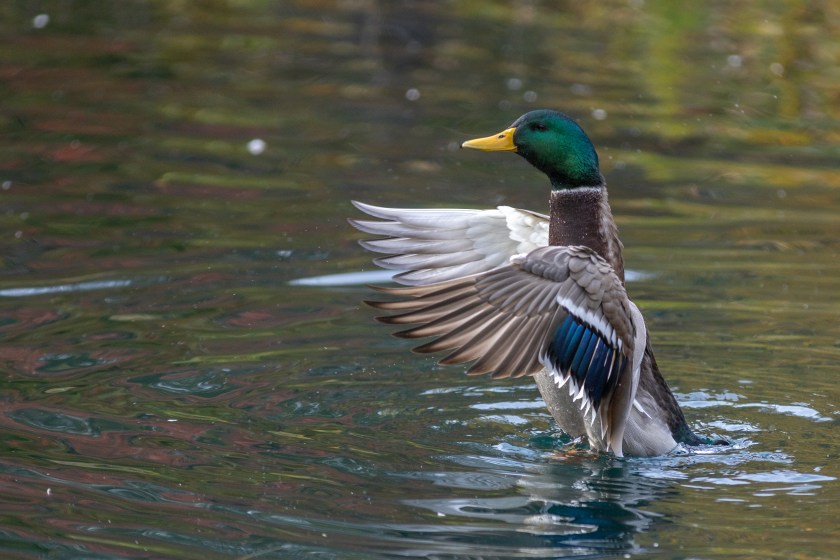
Getty Images, marcophotos
It's hard to make a list without mentioning the US's most beloved duck species: mallards. Also known as greenheads, these ducks are one of the most exciting birds to hunt because of how well they decoy and how aggressive they are with their calling. You'll be hard-pressed to find a waterfowler who doesn't have a special place in his or her heart for greenheads.
Not only are they fun to hunt, but they also make a great meal. Mallards have been known to have a slightly "gamey" taste to them, so soaking your mean in your favorite marinade is a good idea. Each bird weighs 2 to 3 pounds, and they aren't as bony as other birds so you can expect to get a decent amount of meat out of them.
5. Wood Ducks
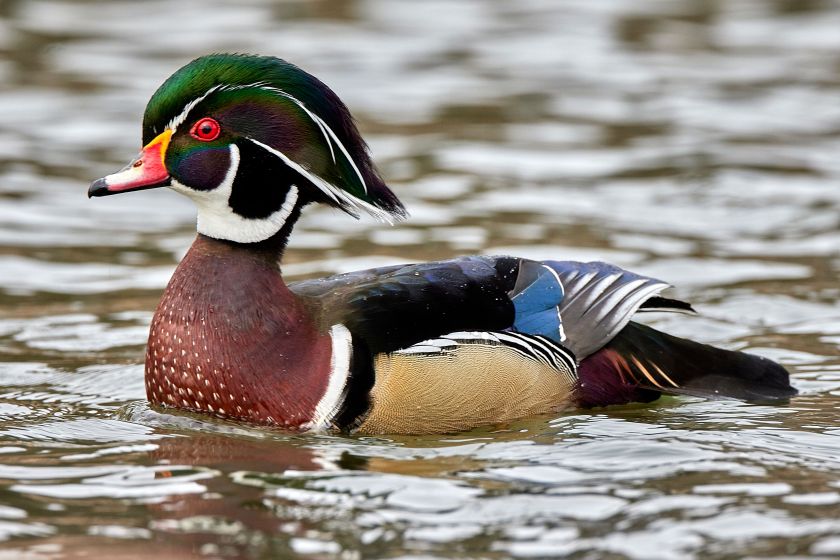
Getty Images, Wirestock
Woodies, or wood ducks, have also been compared to prime rib. Again, their flavor depends a lot on their diet. Many woodies like to eat acorns, giving them a unique taste among ducks. Personally, I thoroughly enjoy getting out into the timber solely to target woodies in hopes of making an awesome dish for my friends and family.
All these ducks need is a little salt a pepper. Roast them whole in a hot oven or throw them on the grill for a delicious dinner.
4. Canvasbacks
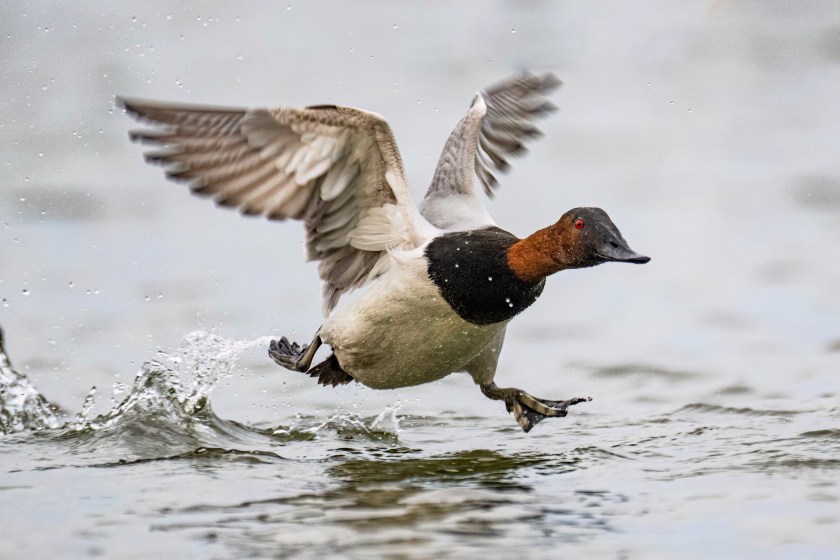
Getty Images, Wirestock
Not only do canvasbacks taste incredible, but they're also one of the most beautiful duck species out there and perhaps one of my favorites to shoot. Known as the "King of Ducks", canvasbacks sport a royal appearance, with a dark red head, soul-piercing red eyes, an elegant neck, and a sizable body.
Grilling up canvasbacks is something I look forward to every year on my trip out to North Dakota. I could be biased in saying this, but canvasbacks on the central flyway tend to be far superior to ones you might see in the eastern half of the country or along the western coast, at least as far as taste is concerned. Like any duck, canvasbacks can vary in flavor depending on their diet. If they're migrating along the coast and eating a lot of clams, they can taste like most other sea ducks. If they're eating mostly aquatic vegetation, they'll have a better, earthier flavor instead.
3. Canada Goose
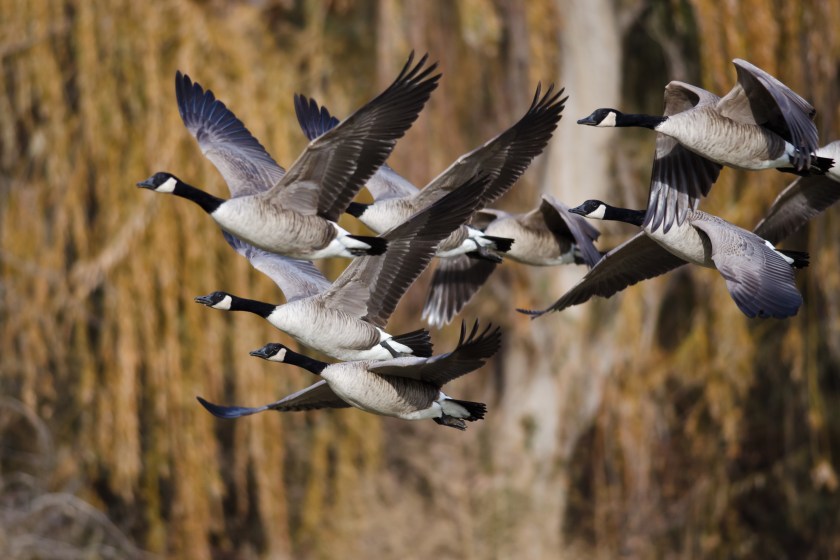
Getty Images, RCKeller
From a culinary perspective, most people would say that specks hold the crown when it comes to geese. Late-season Canada geese can beat a speck any day. These geese have been working their way down the flyway and have plumped up on their way down by picking through fields for months. Each bird can weigh up to 10 pounds, yielding a decent amount of tender, lean beef-like meat.
Just like sandhills, Canadas are best prepared on the rare side and thinly sliced. One of my all-time favorite recipes is a French dip sandwich using goose instead of beef. If you cook it right, your guests will never know the difference.
2. Sandhill Crane
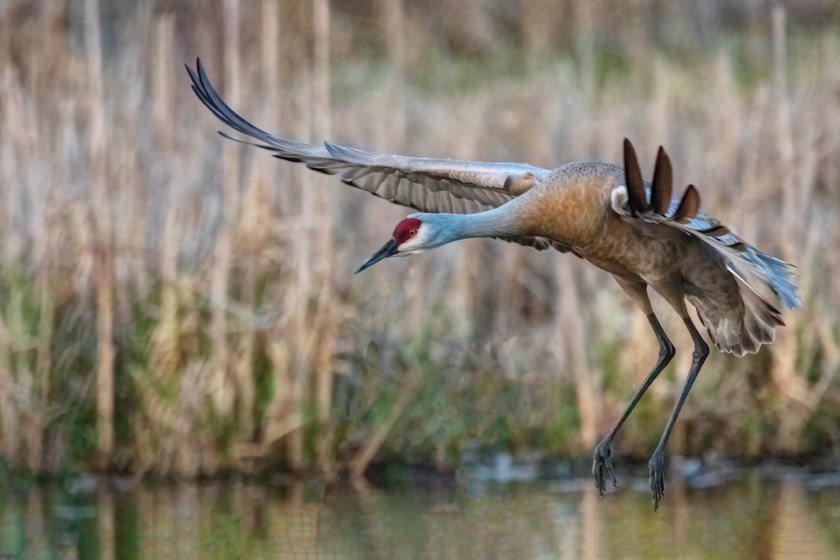
Getty Images, jamesvancouver
They didn't get the nickname "ribeye of the sky" for nothing. While often considered a wading bird, sandhill cranes live in habitats that are similar to other waterfowl. They are also considered one of the best-tasting migratory birds and the rich meat on these birds bears an uncanny resemblance to a nice prime cut of beef.
Just don't leave your meat on the grill too long. These birds are best when cooked medium-rare and don't require much seasoning. Garlic, salt, pepper, and olive oil are all I've ever needed to make a meal out of a sandhill crane. If you have never experienced sandhill crane hunting, head to Texas for some of the best crane hunting out there.
1. Teal

Getty Images, Jeff Huth
Top of the list is the renowned teal. If you were to ask 10 waterfowl hunters what the best-tasting bird was, 9 would likely say teal—more specifically, green-winged teal. These speedy ducks are tasty enough to coax hunters into mosquito-infested blinds in the 90-degree September heat before the full duck season actually opens. The tender meat and sweet fat on these birds is impossible to beat.
They're also enjoyable and challenging to shoot. Teal are the smallest of the dabbling ducks and are known to fly past decoy spreads at lightning speeds. Bag a few of these quick-flying delicacies, pan-sear the breasts with some apricot preserves, and you're in for a 5-star dinner.
READ MORE: 10 Most Popular Duck Breeds to Hunt
